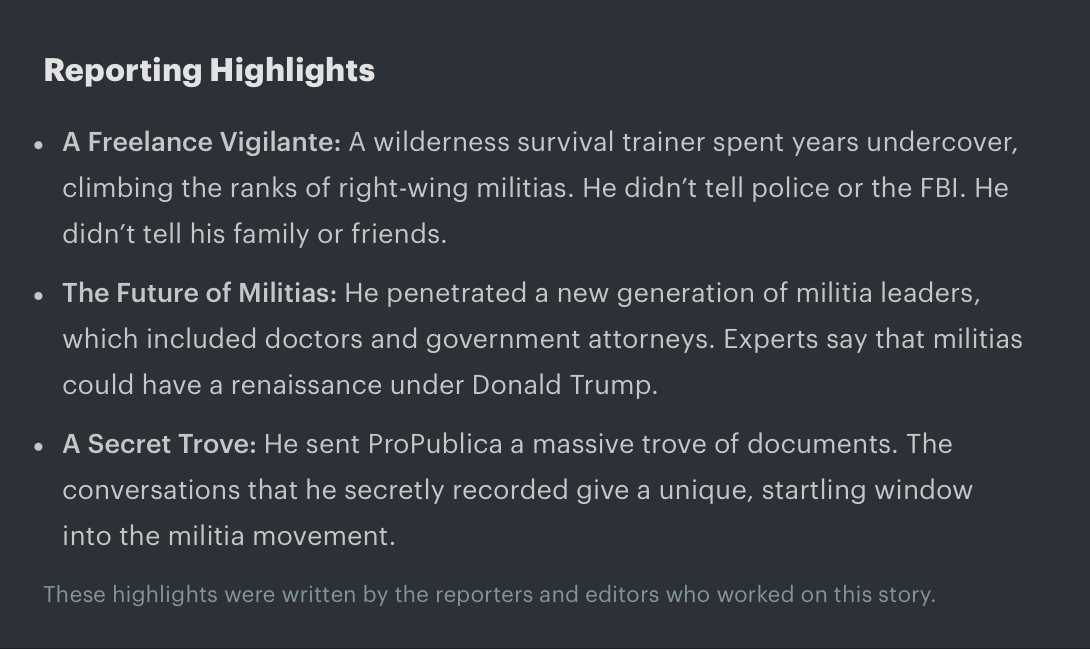politics
Welcome to the discussion of US Politics!
Rules:
- Post only links to articles, Title must fairly describe link contents. If your title differs from the site’s, it should only be to add context or be more descriptive. Do not post entire articles in the body or in the comments.
Links must be to the original source, not an aggregator like Google Amp, MSN, or Yahoo.
Example:

- Articles must be relevant to politics. Links must be to quality and original content. Articles should be worth reading. Clickbait, stub articles, and rehosted or stolen content are not allowed. Check your source for Reliability and Bias here.
- Be civil, No violations of TOS. It’s OK to say the subject of an article is behaving like a (pejorative, pejorative). It’s NOT OK to say another USER is (pejorative). Strong language is fine, just not directed at other members. Engage in good-faith and with respect! This includes accusing another user of being a bot or paid actor. Trolling is uncivil and is grounds for removal and/or a community ban.
- No memes, trolling, or low-effort comments. Reposts, misinformation, off-topic, trolling, or offensive. Similarly, if you see posts along these lines, do not engage. Report them, block them, and live a happier life than they do. We see too many slapfights that boil down to "Mom! He's bugging me!" and "I'm not touching you!" Going forward, slapfights will result in removed comments and temp bans to cool off.
- Vote based on comment quality, not agreement. This community aims to foster discussion; please reward people for putting effort into articulating their viewpoint, even if you disagree with it.
- No hate speech, slurs, celebrating death, advocating violence, or abusive language. This will result in a ban. Usernames containing racist, or inappropriate slurs will be banned without warning
We ask that the users report any comment or post that violate the rules, to use critical thinking when reading, posting or commenting. Users that post off-topic spam, advocate violence, have multiple comments or posts removed, weaponize reports or violate the code of conduct will be banned.
All posts and comments will be reviewed on a case-by-case basis. This means that some content that violates the rules may be allowed, while other content that does not violate the rules may be removed. The moderators retain the right to remove any content and ban users.
That's all the rules!
Civic Links
• Congressional Awards Program
• Library of Congress Legislative Resources
• U.S. House of Representatives
Partnered Communities:
• News
view the rest of the comments
TL;DR
That’s a terrible tldr, with no actual content. Its more of an intro..
Here is a better one (IMO):
Williams became a state-level leader in one militia and gained direct access to prominent national figures. However, his actions - such as warning journalists about threats and trying to derail militia activities - put him in danger of being exposed. When his warnings were publicized, he fled, fearing for his safety.
Now living in hiding, Williams is determined to continue his fight against militias. He plans to release his findings publicly, aiming to sow paranoia within these groups and expose their ties to law enforcement.
Here are some of John Williams’ most concerning findings from his infiltration of militias:
• Williams uncovered extensive ties between militia groups and law enforcement, including direct relationships with sheriffs and police officers who shared the militias’ ideologies. For example, a Utah sheriff was reportedly close with Oath Keepers and facilitated introductions to state officials.
• Some militia members held significant positions of authority, including a city prosecutor, an Air Force reserve master sergeant, and a doctor affiliated with a major healthcare provider. These members leveraged their professional roles to advance the militia’s agenda.
• Militias conducted targeted surveillance on journalists, student reporters, and political activists, going as far as staking out homes and compiling detailed “doxing” files with personal information, including addresses and family details.
• Members of these groups frequently entertained discussions about violent action, including assassinating politicians and attacking perceived enemies. Although some of these discussions were logistical debates, they underscored a willingness to act violently if conditions aligned.
• Despite the fallout from the Capitol riot, Williams observed the resurgence of militias like the Oath Keepers and AP3. Recruitment was increasing, and the groups were consolidating resources, retraining, and preparing for future operations ahead of the 2024 election.
• Groups were not acting in isolation. Williams facilitated and documented collaborations between AP3, the Oath Keepers, and other extremist factions, including joint training exercises and intelligence-sharing.
• Williams manipulated a young militia recruit, who later revealed having compiled doxing files and participated in intimidating surveillance activities. This demonstrated the militias’ appeal to and radicalization of younger, vulnerable individuals.
• Militias engaged in extensive paramilitary training, including the use of improvised explosives, ambush tactics, and firearms. Leaders emphasized preparing for a potential collapse of democratic systems or violent conflict.